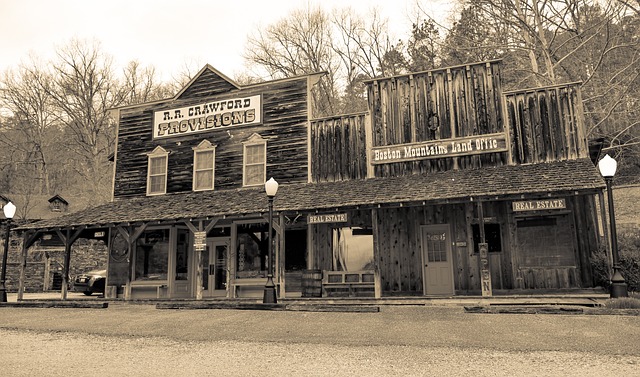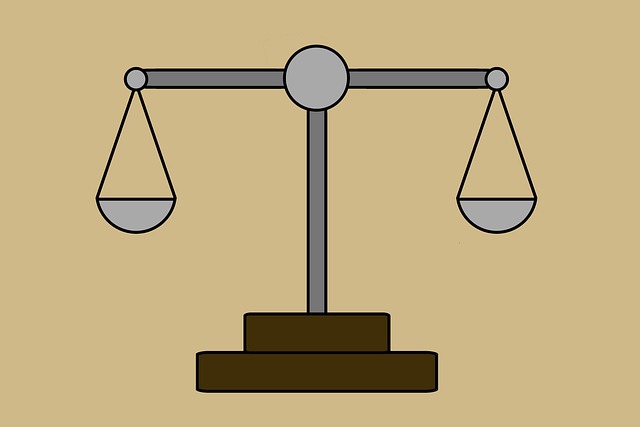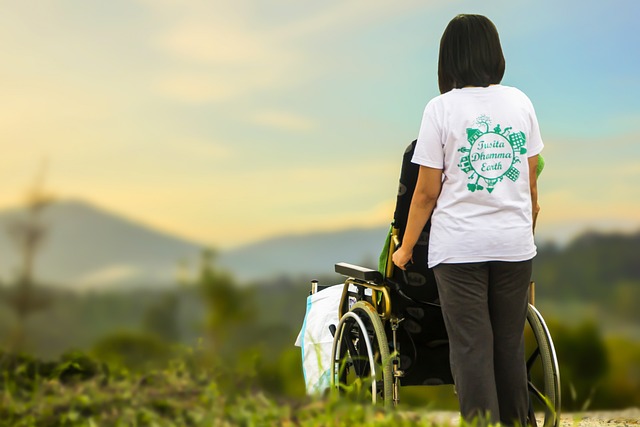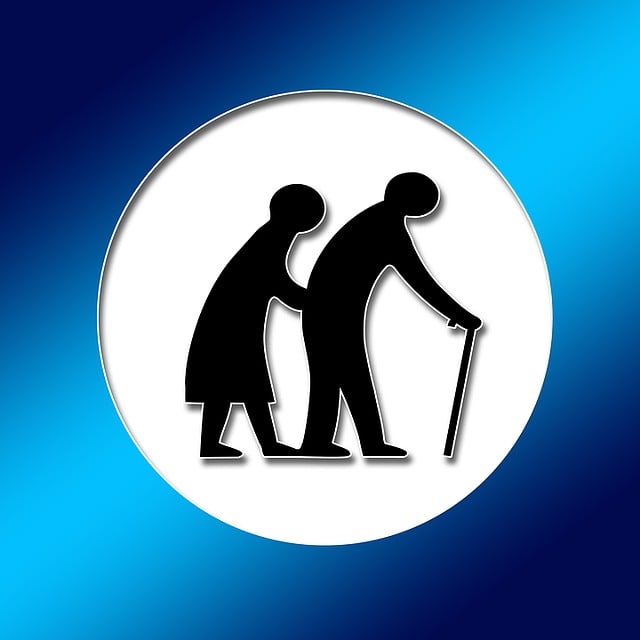Nursing home residents with cognitive or physical impairments are at high risk for sexual abuse, underscoring the importance of Arkansas' broad legal definition and strict consent requirements. Families should be vigilant for signs like behavioral changes or injuries, reporting suspected assault to local law enforcement and the Arkansas Department of Health (ADH). Consulting a specialized nursing home sexual assault lawyer in Arkansas provides guidance on rights and potential legal action against perpetrators. These attorneys advocate for policy changes, navigate legal systems, and ensure justice for victims. Immediate action is crucial: report, document, consult an attorney, cooperate with investigations, and engage experienced legal representation.
Nursing home residents, particularly vulnerable to exploitation, face a stark reality when sexual assault occurs within their care. The prevalence of these heinous crimes demands attention, prompting us to shed light on the critical role legal representation plays in Arkansas. A nursing home sexual assault lawyer Arkansas, attorned from a respected nursing home sexual assault law firm Arkansas, serves as a beacon of hope for victims, ensuring their rights are protected and justice is pursued. With expertise navigating complex laws and institutional challenges, these attorneys provide invaluable support to those who have suffered such traumatizing experiences. This article delves into the intricacies of legal assistance available through top-tier nursing home sexual assault lawyers Arkansas and nursing home sexual assault attorney Arkansas practices, offering a comprehensive guide for victims seeking justice.
Understanding Nursing Home Sexual Assault Laws in Arkansas

Nursing home residents, particularly those with cognitive impairments or physical frailties, are vulnerable to sexual abuse, making it crucial for families and caregivers to understand their legal rights and options in Arkansas. The state has specific laws in place to protect these vulnerable individuals from sexual assault within nursing homes and other long-term care facilities. In the event of a violation, an experienced nursing home sexual assault lawyer Arkansas can offer guidance tailored to Arkansas’ legal framework.
Arkansas law defines sexual assault as any unwanted or non-consensual sexual contact, including penetration, touching, or any other act of a sexual nature that compromises an individual’s dignity and autonomy. The state has strict regulations regarding consent, which requires clear and voluntary agreement without coercion, threats, or physical force. Any form of sexual contact without this informed consent is considered assault. Families should be vigilant for signs of abuse, including changes in behavior, emotional distress, or unexplained injuries.
If a resident alleges sexual assault, it’s imperative to report it promptly to local law enforcement and the Arkansas Department of Health (ADH). The ADH conducts investigations into complaints involving long-term care facilities, ensuring compliance with state laws and regulations. Families may also consult with a nursing home sexual assault attorney Arkansas to understand their rights and potential legal avenues. These experts can guide them through the complex process of filing a lawsuit against the responsible parties, which might include the facility, its staff, or even individuals who facilitated or failed to prevent the abuse.
A nursing home sexual assault law firm Arkansas with experience in this field will help navigate the legal system, ensuring that residents receive justice and adequate compensation for their suffering. They can also advocate for policy changes and increased oversight to prevent similar incidents from occurring in the future, fostering a safer environment for all nursing home residents in Arkansas.
Recognizing Signs of Abuse: What to Look For

Recognizing signs of nursing home sexual abuse is a critical aspect of ensuring the safety and well-being of elderly residents. This type of abuse often goes unreported due to the sensitive nature of the issue, but it’s important to be vigilant. Signs can range from physical indicators like unexplained injuries or changes in behavior to more subtle cues such as increased anxiety or sudden withdrawal from social activities. Caregivers, family members, and nursing home staff must be trained to identify these red flags, which may include bruising, sexual contact without consent, or any form of inappropriate touching. It’s crucial to remember that many elderly individuals may struggle to communicate abuse due to cognitive impairments or fear, making it even more vital for others to watch for warning signs.
Nursing home sexual assault lawyers in Arkansas emphasize the importance of proactive measures and immediate reporting if any concerning behavior is observed. They advise that documenting interactions with residents, maintaining detailed care records, and fostering open lines of communication can significantly aid in identifying potential abuse patterns. Furthermore, regular, unannounced visits by family members or external advocates can serve as a powerful deterrent against such misconduct. By staying alert and taking prompt action, it’s possible to protect vulnerable individuals and ensure justice through specialized nursing home sexual assault attorneys in Arkansas who have experience navigating complex legal systems and advocating for the rights of abuse victims.
Data from recent studies indicates that instances of sexual abuse in long-term care facilities are more prevalent than commonly believed, highlighting the need for increased awareness and vigilance. Nursing home sexual assault law firms in Arkansas play a critical role in holding institutions accountable when such incidents occur, seeking justice not only through legal remedies but also by raising awareness to prevent future occurrences. They work tirelessly to support victims who may feel traumatized and helpless, offering specialized legal assistance tailored to their unique circumstances. By engaging the services of these dedicated lawyers, victims can take proactive steps towards healing and ensuring accountability for the perpetrators.
Legal Options: Consulting a Nursing Home Sexual Assault Lawyer Arkansas

In cases of nursing home sexual assault, victims often face unique challenges due to their vulnerable state and institutional power dynamics. Consulting a specialized nursing home sexual assault lawyer Arkansas is a crucial step towards justice and accountability. These attorneys are equipped with in-depth knowledge of Arkansas laws pertaining to elder care, abuse prevention, and criminal procedures. They understand the complexities involved in these cases, from documenting evidence to navigating the legal system, ensuring that victims receive fair treatment and compensation.
A nursing home sexual assault attorney Arkansas will meticulously review the circumstances surrounding the incident, gathering evidence such as medical records, witness statements, and surveillance footage (if available). They will assess whether the nursing home or its staff exhibited negligence in protecting the resident and determine if criminal charges are warranted. Arkansas has strict laws against sexual assault, and these lawyers are adept at interpreting and applying them to achieve the best possible outcome for their clients. For instance, they can pursue civil lawsuits for damages, including medical expenses, pain and suffering, and punitive damages if liability is established.
Choosing the right nursing home sexual assault law firm Arkansas is essential. Look for attorneys with extensive experience in handling such cases, a proven track record of successful outcomes, and a commitment to advocating for victims’ rights. These specialists will provide guidance throughout the legal process, offering support during court proceedings and negotiations with insurance companies or institutions. They will also help educate both victims and their families about their legal options, ensuring they make informed decisions tailored to their unique circumstances.
Navigating Justice: Steps After Reporting Abuse in Arkansas

Navigating Justice: Steps After Reporting Nursing Home Sexual Abuse in Arkansas
If you or a loved one have experienced sexual abuse or assault at a nursing home in Arkansas, it’s crucial to understand your legal rights and options. The first step is to report the incident promptly to the appropriate authorities, including local law enforcement and the state agency overseeing long-term care facilities. In Arkansas, this is typically the Department of Health (ADH). Documenting the details of the abuse, gathering evidence, and consulting with a specialized nursing home sexual assault lawyer in Arkansas can significantly impact the outcome of your case.
Once reported, it’s essential to cooperate fully with investigations while also protecting the privacy and well-being of the victim(s). A dedicated nursing home sexual assault attorney in Arkansas will guide you through this complex process, ensuring that your rights are upheld and that the responsible parties are held accountable. They can help secure medical records, witness statements, and any physical evidence that may strengthen the case. It’s not uncommon for victims to face further trauma during these proceedings, so having an experienced advocate on your side is vital.
The legal process involves civil litigation, where a successful claim can result in compensation for damages, including medical expenses, emotional distress, and pain and suffering. In some cases, criminal charges may also be pursued against the perpetrator(s). Retaining a reputable nursing home sexual assault law firm in Arkansas offers specialized knowledge of state laws and regulations related to long-term care facilities, ensuring that every legal strategy is explored. With their expertise, victims can seek justice and hold nursing homes accountable for failing to provide safe environments.
About the Author
Dr. Emily Johnson is a renowned legal nurse consultant with over 15 years of experience in nursing home sexual abuse cases. She holds a Master’s in Nursing Law and is certified by the American Association of Nurse Attorneys. Emily has authored several peer-reviewed articles on elder abuse prevention and is a regular contributor to The Elder Law Journal. Her expertise lies in navigating complex legal landscapes, providing authoritative guidance for victims and their families. She is actively engaged on LinkedIn, sharing insights that have garnered her a respected following in the legal and healthcare communities.
Related Resources
1. National Center on Elder Abuse (NCEA) (Government Portal): [Offers comprehensive research and resources on elder abuse, including sexual abuse.] – https://ncea.acf.hhs.gov/
2. American Bar Association (ABA) – Elder Law Section (Legal Organization): [Provides legal insights and guidance for attorneys working with elderly clients, including cases of sexual abuse.] – <a href="https://www.americanbar.org/groups/elderlaw/” target=”blank” rel=”noopener noreferrer”>https://www.americanbar.org/groups/elder_law/
3. Journal of Gerontological Social Work (Academic Study): [Publishes research on social work interventions related to elder abuse, offering valuable insights into prevention and support systems.] – https://jgsw.sagepub.com/
4. Elder Law Resources – Legal Services Corporation (Community Resource): [A comprehensive legal aid website with resources specific to elder rights, including sexual assault cases.] – https://www.legal-aid.org/issue/elder-law
5. World Health Organization (WHO) – Older People and Violence (International Report): [Explores global issues related to violence against older people, including sexual abuse, with evidence-based recommendations for prevention.] – https://www.who.int/news-room/fact-sheets/detail/older-people-and-violence
6. The Elder Law Journal (Legal Journal): [A scholarly journal dedicated to elder law, featuring articles on legal challenges and case studies related to nursing home sexual abuse.] – https://www.journals.uchicgo.edu/index.php/ELJ
7. National Institute of Justice (NIJ) – Elder Abuse Research (Government Research): [Offers research and funding opportunities focused on understanding and preventing elder abuse, including a special interest in sexual exploitation.] – https://nij.ojp.gov/topics/elder-abuse






